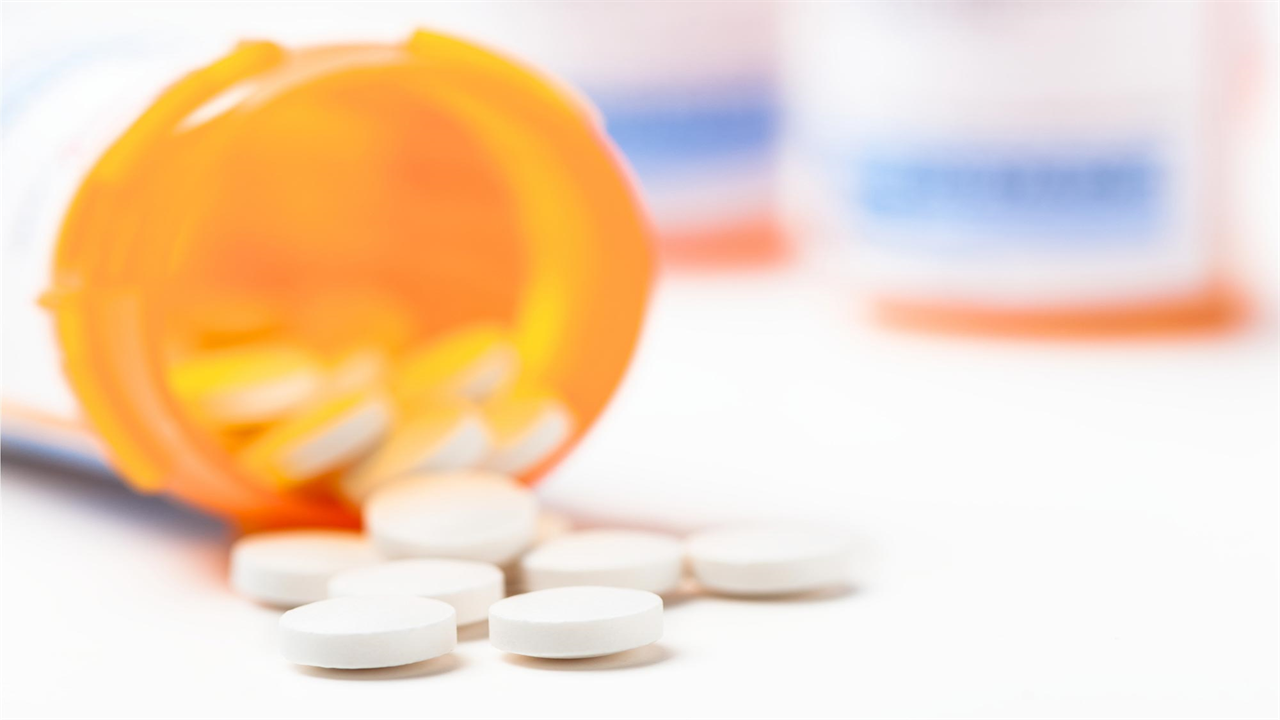Low-Cost Antidepressant Fluvoxamine Saves Lives of COVID-19 Patients – “Powerful Weapon Against the Virus”
0 View
Share this Video
- Publish Date:
- 31 October, 2021
- Category:
- Covid
- Video License
- Standard License
- Imported From:
- Youtube
Tags

An inexpensive recycled drug called fluvoxamine (FDA) could save the lives of COVID-19 patients and cut hospitalizations by up to 30 percent, says a study co-led by McMaster University.
Fluvoxamine is a selective serotonin reuptake inhibitor (SSRI) approved by the Food and Drug Administration (FDA) for the treatment of obsessive-compulsive disorder and used for other conditions, including depression.
McMaster researcher Edward Mills and his team treated 739 randomly selected Brazilian COVID-19 patients with fluvoxamine between January 15 and August 6 of this year, and another 733 received a placebo.
Each patient who received fluvoxamine during the study was followed for 28 days to determine their health outcomes and whether they still needed hospital treatment. Researchers found about 30 percent fewer hospitalizations in those who received fluvoxamine compared to those who received the placebo.
This effect increased to 65% in patients taking all of their medications. The fluvoxamine trial was part of the larger TOGETHER trial, launched in May 2020, aimed at testing potential COVID-19 treatments in a community setting.
“Fluvoxamine is so far the only treatment that, if administered early, can prevent COVID-19 from becoming a life-threatening disease. It could be one of our most powerful weapons against the virus, and its effectiveness is one of the most important discoveries we’ve made since the start of the pandemic,” said Mills, co-principal investigator for the TOGETHER study and a McMaster’s professor. Department of Health. Research methods, evidence and impact.
Edward Mills. Credit: McMaster University
SAMEN Trial researchers published their findings in The Lancet on October 27, 2021.
“In addition, this cheap, easily accessible pill is a huge boon to public health, both in Canada and internationally, allowing hospitals to avoid expensive and sometimes risky treatments.”
Fluvoxamine costs about $4 per 10-day course and could be a game-changer for poorer countries with low vaccination rates and without access to more advanced COVID-19 therapies, he added.
Fluvoxamine has been used for a variety of conditions since the 1990s and its safety profile is well known. It was identified early in the pandemic for its potential to reduce the cytokine storm in COVID-19 patients. Cytokine storms are severe immune responses to COVID-19 that can cause potentially deadly organ damage.
Reference: “Effect of early fluvoxamine treatment on emergency care and hospitalization risk in patients with COVID-19: the TOGETHER randomized, platform clinical trial” by Gilmar Reis, PhD; Eduardo Augusto dos Santos Moreira-Silva, PhD; Daniela Carla Medeiros Silva, PhD; Prof. dr. Lehana Thabane, PhD; Aline Cruz Milagres, RN; Thiago Santiago Ferreira, MD; Castilho Vitor Quirino dos Santos; Victory Helena de Souza Campos; Ana Maria Ribeiro Nogueira, MD; Ana Paula Figueiredo Guimaraes de Almeida, MD; Eduardo Diniz Callegari, MD; Adhemar Dias de Figueiredo Neto, PhD; Leonardo Cancado Monteiro Savassi, PhD; Maria Izabel Campos Simplicio, BScPharm; Luciene Barra Ribeiro, RN; Rosemary Oliveira; Ofir Harari, PhD; Jamie I Forrest, MPH; Hindi Ruton, MSc; Sheila Sprague, PhD; Paula McKay, MSc; Alla V Glushchenko, MD; Craig R Rayner, FRCPE; Prof Eric J Lenze, MD; Angela M. Reiersen, MD; Prof Gordon H Guyatt, MD and Prof Edward J Mills, FRCP for the SAMEN investigators, Oct. 27, 2021, The Lancet.
DOI: 10.116/S2214-109X(21)00448-4
Researchers from the CardResearch Cardiologia Assistencial e de Pesquisa LTDA in Brazil joined the scientists at McMaster in the TOGETHER study.
The TOGETHER study researchers also submitted their research to the US National Institutes of Health and the World Health Organization.
External funding for the research has been received from FastGrants and The Rainwater Foundation.










